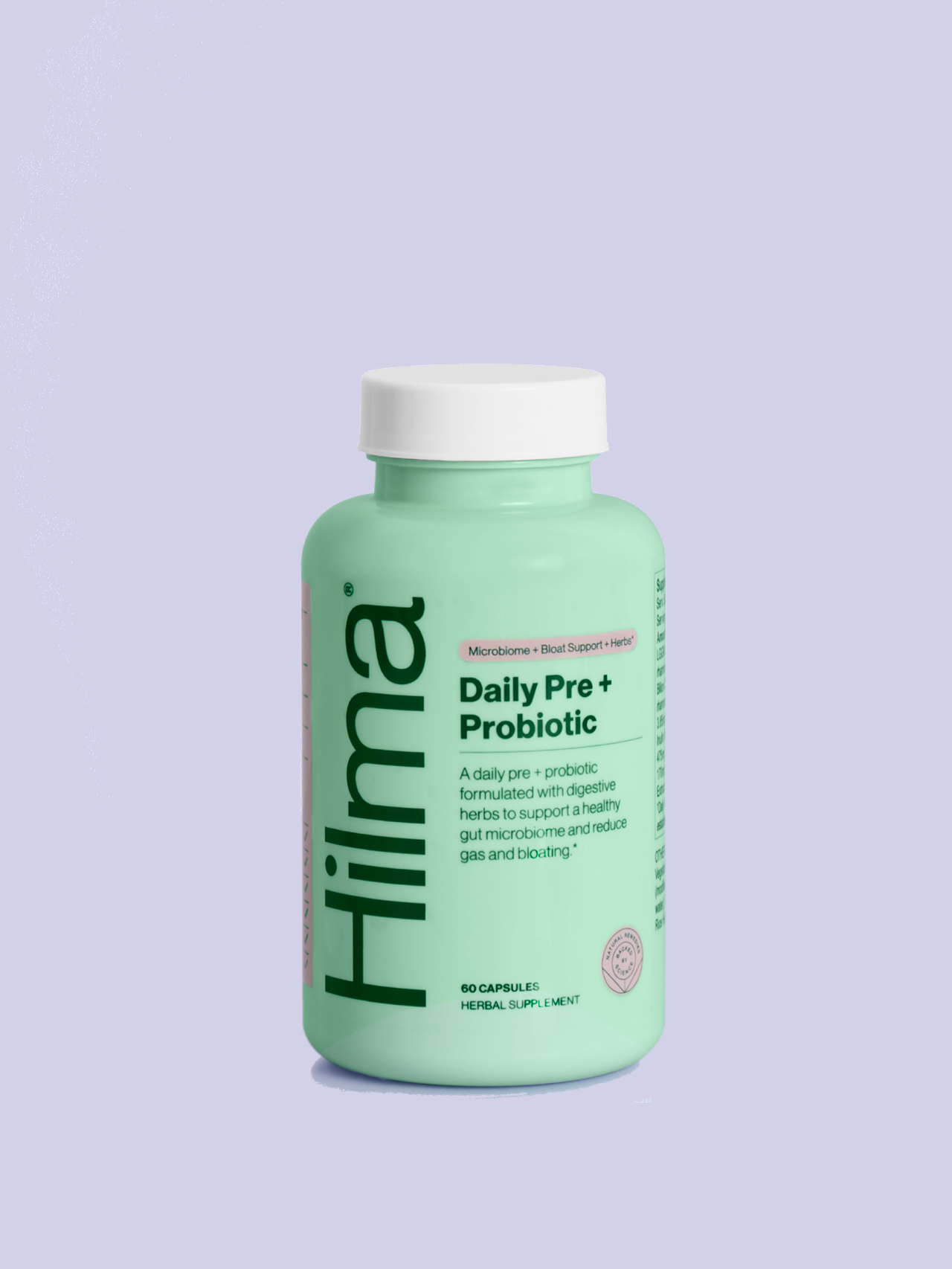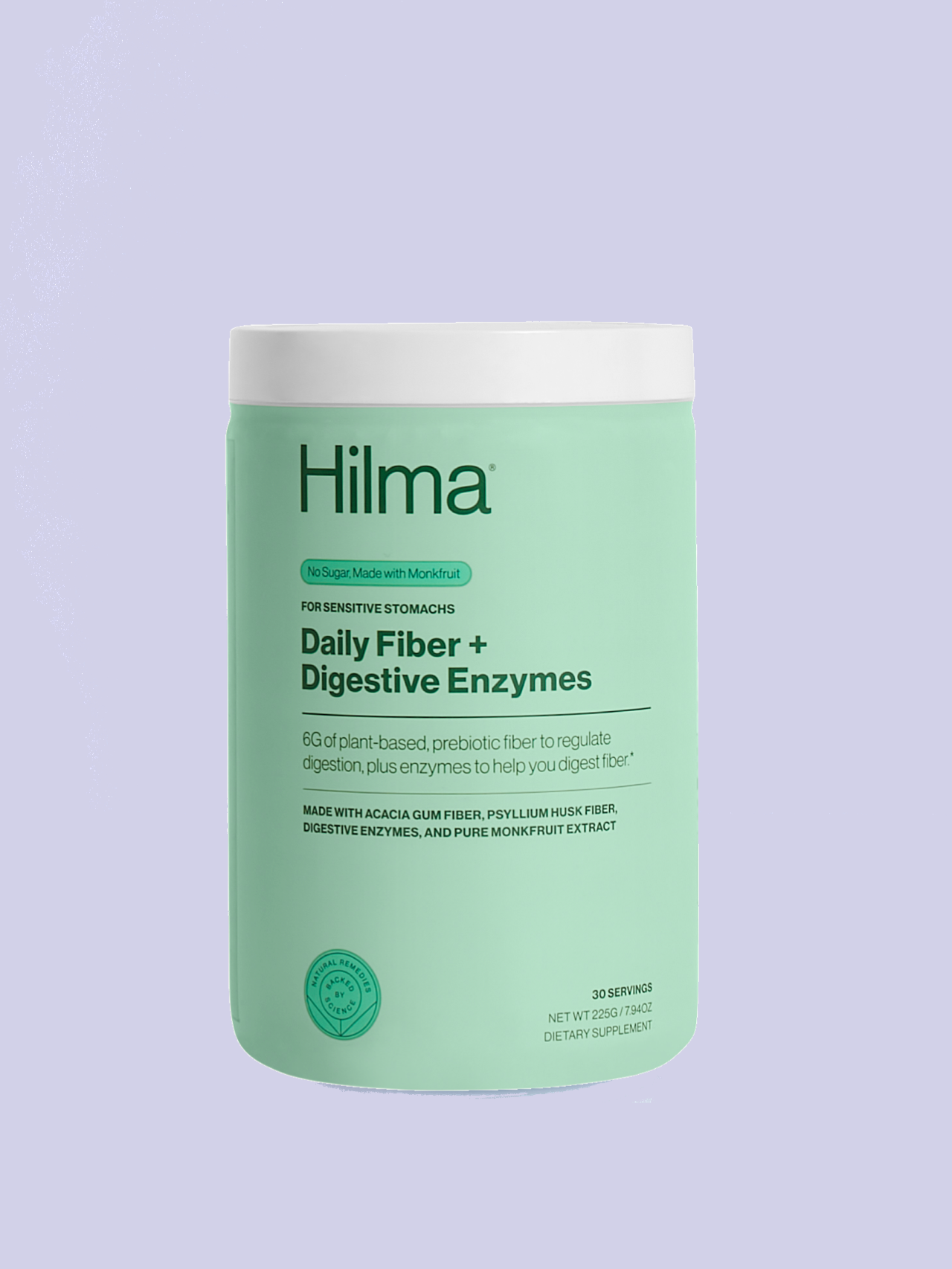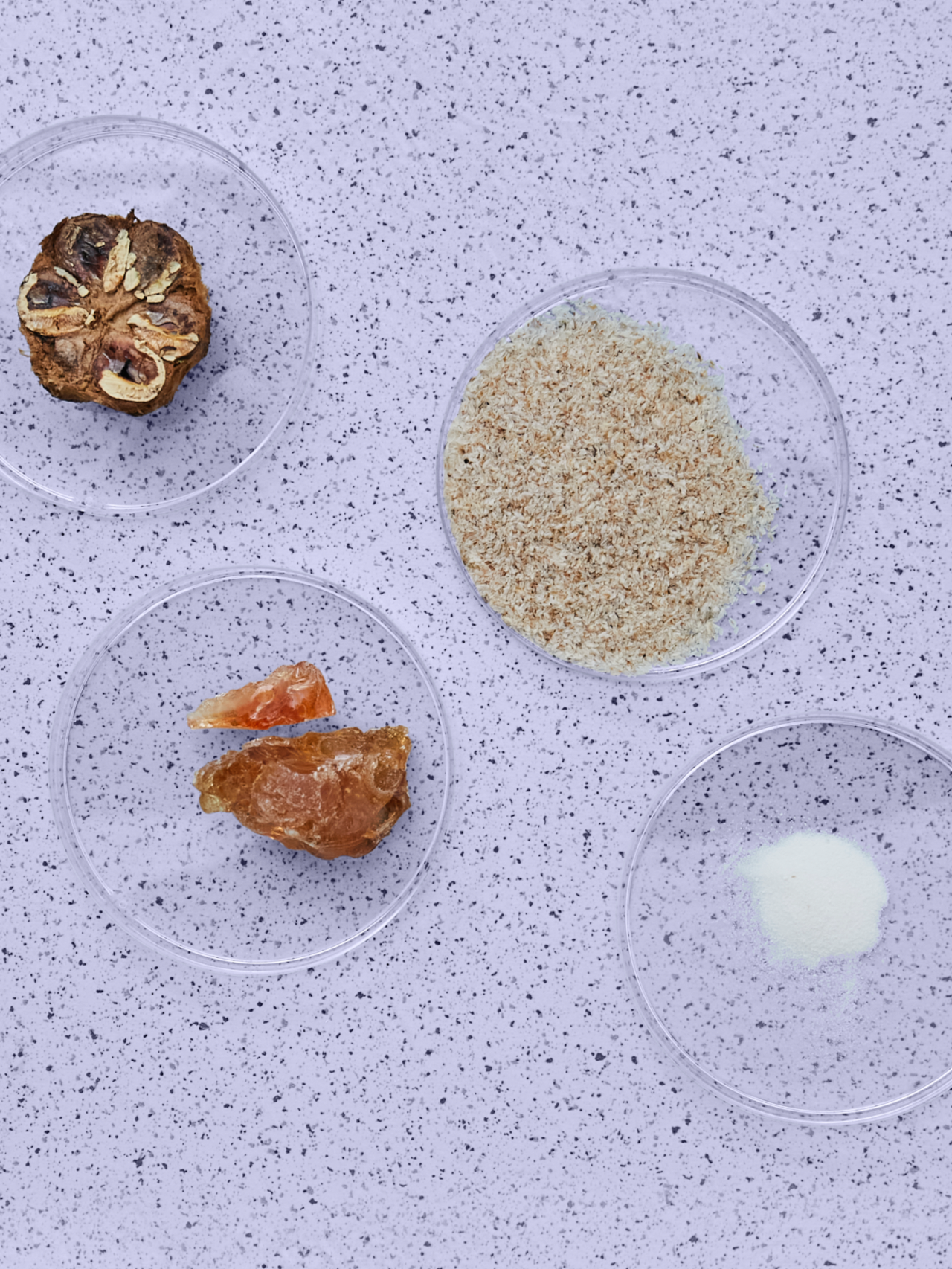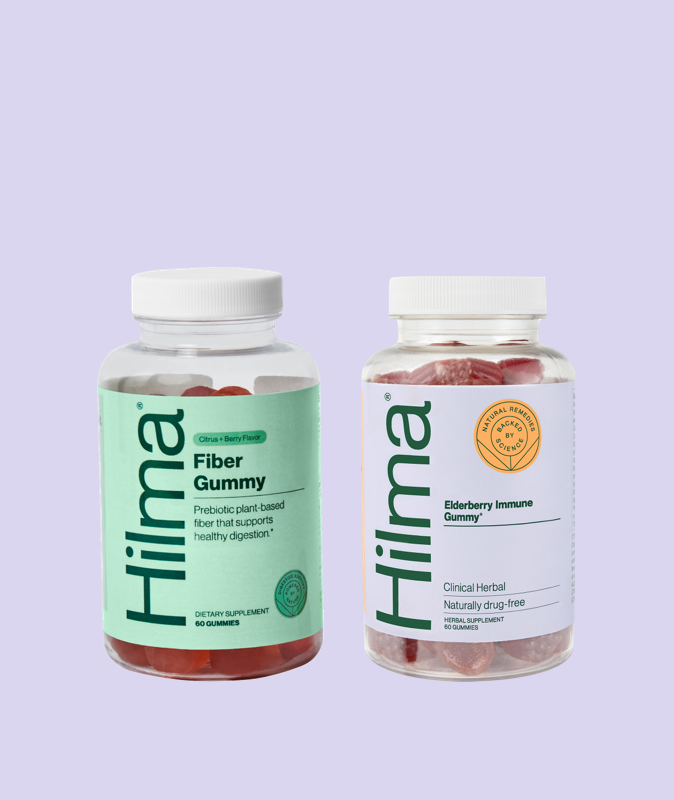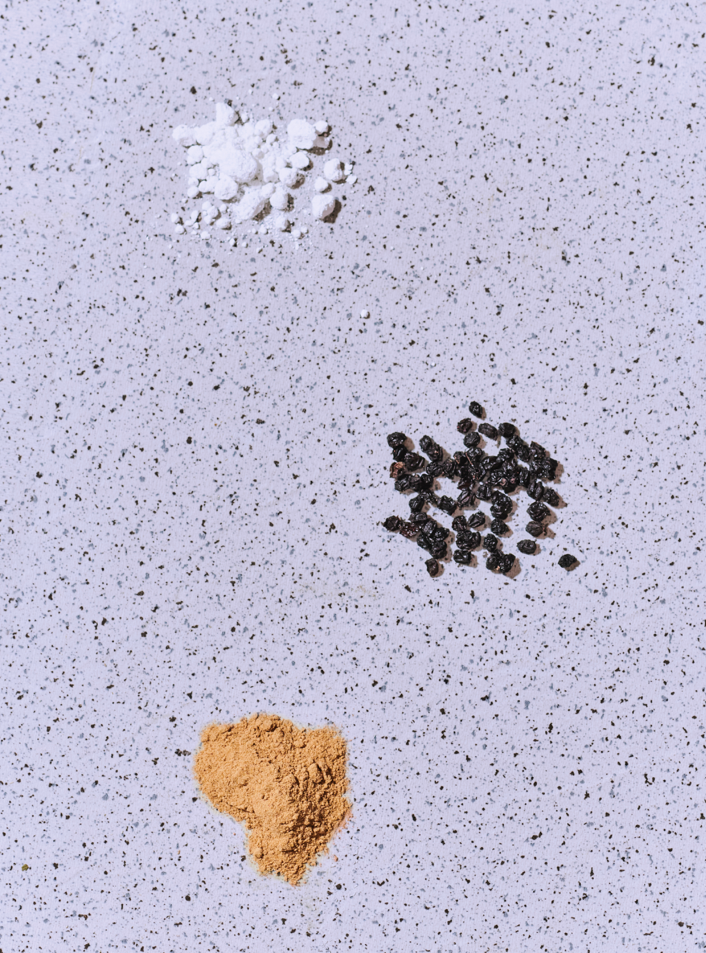
Here are three tasty color-packed on-the-go lunches that are healthy recipes and good for your gut. The recipes include overlapping ingredients to help reduce your grocery list.
Meal-Prep Ideas
-
Crispy Quinoa & Roasted Vegetable Kale Salad by Minimalist Baker
-
Vegan Sweet Potato, Kale, and Chickpea Soup by Cookie + Kate
Ingredients

Why These Ingredients are Gut Friendly
-
Prebiotics: Each recipe includes prebiotics as garlic, onion, or even sauerkraut. Prebiotics, which are typically non-digestible fibers, pass through the upper digestive tract undigested and reach the colon, where they act as food for beneficial bacteria (such as Lactobacillus and Bifidobacterium). When these bacteria ferment (eat) prebiotics, they produce short-chain fatty acids (SCFAs), such as butyrate, acetate, and propionate, which nourish the cells of the intestinal lining, reduce inflammation, and support the immune system.
Garlic and Onions: Garlic and onion are rich in inulin, which is an effective prebiotic. Garlic not only nourishes good gut bacteria but also has antimicrobial properties that help eliminate harmful bacteria and yeast, further supporting a healthy microbiome. Onions also contain antioxidants that support gut lining integrity and reduce inflammation in the digestive system.
Sauerkraut: Sauerkraut offers a combination of both probiotics (living organisms that colonize the gut) and prebiotics (fibers that feed these probiotics), making it particularly effective for improving gut health.
Mushrooms: Mushrooms are an especially skilled prebiotic-rich ingredient because they are anti-inflammatory, helping soothe any intestinal irritation. The gut is a central part of the immune system, and mushrooms can enhance immune health through their immune-modulating properties. A well-functioning immune system is essential for protecting the gut lining and preventing harmful bacteria from overpopulating the digestive tract.
Fiber: Fiber is the non-digestible part of plants that our bodies require for optimal digestion. Soluble fibers are found in the chickpeas and tahini while insoluble fibers are found in ingredients such as quinoa and kale. When your gut is composed of a variety of bacteria, it is able to respond to a greater variety of foods and protect against a greater range of insults.
Herbs & Spices: When gut experts promote diversity in the diet, this recommendation extends to herbs and spices. Adding a mixture of garlic or onion powder, Italian herbs, rosemary, curry, oregano, cinnamon, and other spices to your meals is an easy way to incorporate more plant-species to your diet, boosting your antioxidant intake, and supporting digestion.
